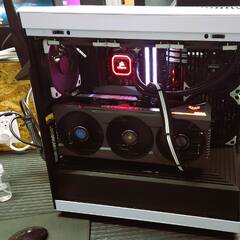CHEAP does NOT mean GOOD VALUE - Low End GPUs Explained
-
Featured Topics
-
Topics
-
0
-
BTSHalfLifeAndGmodFan2003 ·
Posted in Storage Devices5 -
4
-
0
-
Abaris ·
Posted in Troubleshooting3 -
2
-
7
-
2
-
SpookyCitrus ·
Posted in Programs, Apps and Websites0 -
1
-




















Create an account or sign in to comment
You need to be a member in order to leave a comment
Create an account
Sign up for a new account in our community. It's easy!
Register a new accountSign in
Already have an account? Sign in here.
Sign In Now